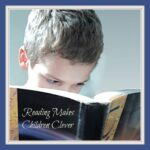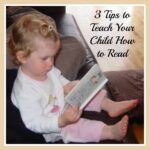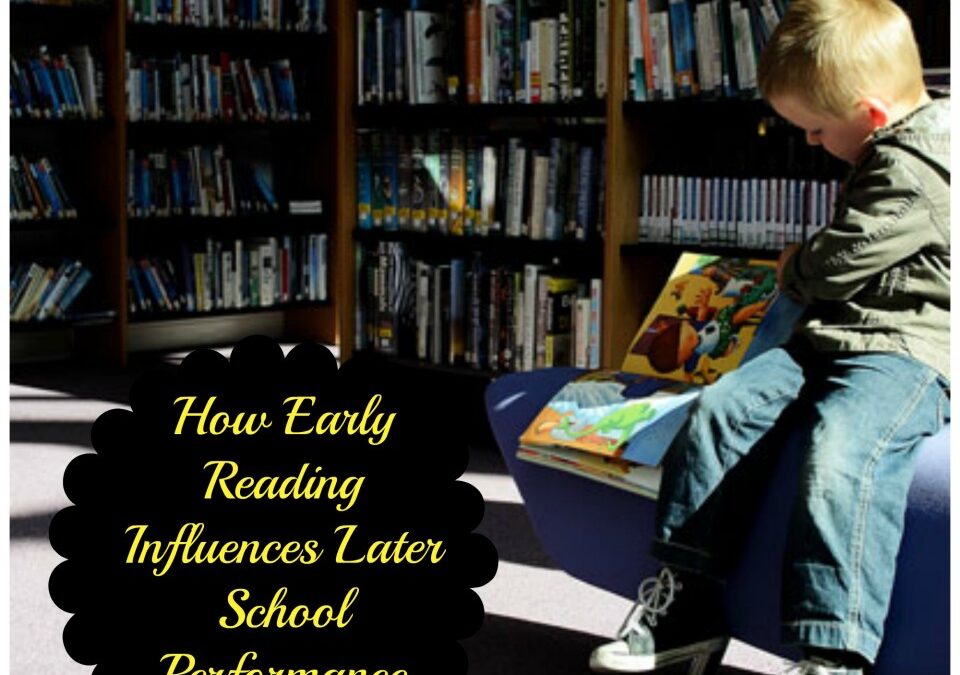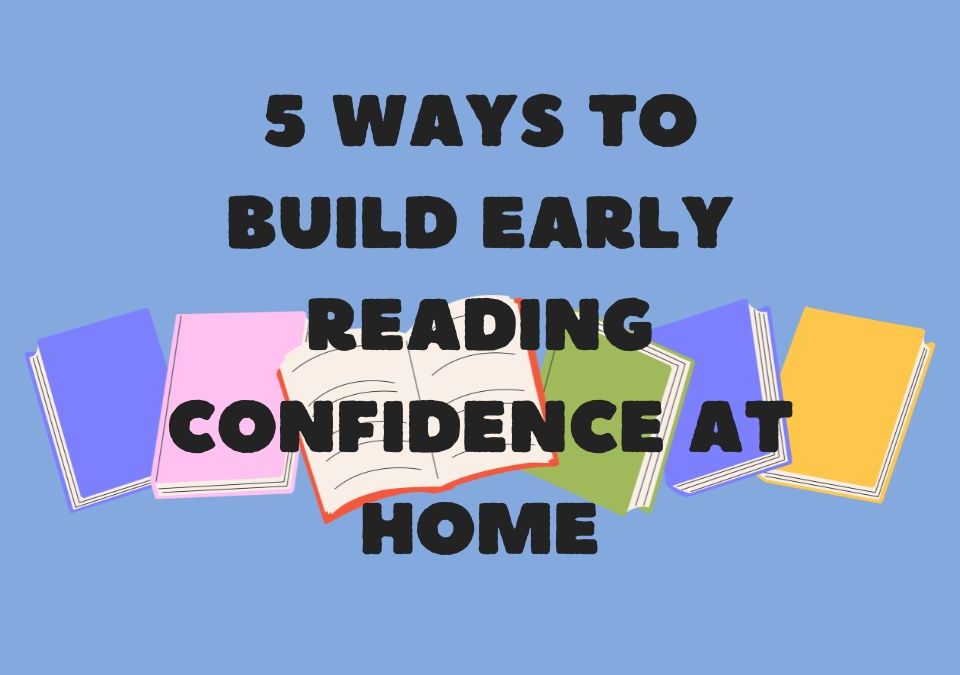
Does Reading Make Children Clever?

3 Tips to Teach Your Child How to Read

Do you know what’s wrong with our children today? The problem is that the powerful brains of our healthy children are rarely challenged by complicated thoughts. Instead, they’re further dulled by television and video games. By teaching children to read early, you open up an entire new world of learning and imagination for them. It enriches intellectual stimulation and provides access to new and rich sources of information. The bottom line is that learning to read and reading requires serious neural effort and focus. Something you won’t get from TV or video games.

Before a child learns to read, he or she must first learn the spoken language, and this is one of the first instances where family members such as dad, mom, older siblings, and grandparents play an important role in “teaching” the child the spoken English language. Whether young children realize it or not, they gain very early exposure to the alphabet when parents sing the alphabet song to them. They begin to develop language skills by being read to and spoken to. One of the keys to teaching children to read early on is by exposing them to alphabet letters, books, and reading to them often.
Reading nursery rhymes and children’s books are an important part of getting children to understand printed text. Talk to your children, and talk to them often, whether they understand or not is not important when they’re just babies. The more you talk and interact with your little ones, the better they will develop. The key is exposure, and repeated exposure. Once your children learn to speak, you can begin teaching them to read at home.
What are the benefits of Early reading?
I often hear parents say that they don’t want to “push” their child too hard. How can teaching your child to read at a young age be considered “pushing” them too hard? If you as a parent already have the mentality that reading is a chore, and teaching them to read is pushing “too hard”, then you certainly can’t expect your children to be excited about learning reading. On the contrary, learning to read offers a young child an opportunity for a lifetime to learn, discover, and enjoy the wonders of reading.
Parents (including myself) will often underestimate the abilities and learning capabilities of young children. When we began teaching our first child, Raine, to read at 2 years and 8 months, little did we expect that in just a few short weeks and months, she would be reading not just words, but sentences and short stories. After about 3 months, by the time she was 2 years 11 months old, our daughter could read “Step in to Reading – step 2 (pre-school to grade 1 level)” books with some guidance. The benefits of learning to read were apparent – improved speech clarity, enriched vocabulary, and better reading ability and reading comprehension. By the time she was 4.5 years old, she was already reading chapter books.
>> Click here to watch a short video and see how it’s possible
There are no shortages of studies which find many benefits in teaching children reading at an early age. For example, one study administered a Stanford achievement test at the start of kindergarten and then again at the end of grade one found that early language based skills were highly associated with later academic performance in school aged children. [1]Similar studies also found that a high level of letter knowledge in kindergarten can reliably predict better later literacy skills.[2]
Having a home environment that’s conducive to literacy growth is critical for a child’s development, and directly affects a child’s language and literacy development. Studies have found that responsiveness and support of the home environment is the strongest predictor of children’s language and early literacy skills. [3] My point here is help make parents aware that children who enter kindergarten with highly developed early reading skills will achieve greater success with systematic reading education. [4]
It’s never too late to start home lessons and programs to teach your children to read. Regardless of how old your child is, starting a reading program at a young age will have ample benefits. Start with lots of talking, singing, and reading to your child right from birth, and once your child is able to speak, you can start a simple reading program. One of the keys to teaching children read is developing phonemic awareness. Studies have shown that phonemic awareness is one of the best predictors of reading success in children.
Teaching children to read doesn’t need to be difficult, and you do not need specialized skills or knowledge to teach your child to read. Along with lots of love and patience, all it takes is 10 to 15 minutes of consistent, daily reading instructions – we can show you how.
>> Click here to discover how to easily and effectively teach your child to read.

I am a preschool and primary school teacher and mum to 3 children. I have been involved in education since 1997 and have trained in a variety of educational specialist areas. It is with this expertise that I write articles to help parents and educators provide quality learning experiences for the children in their care.




